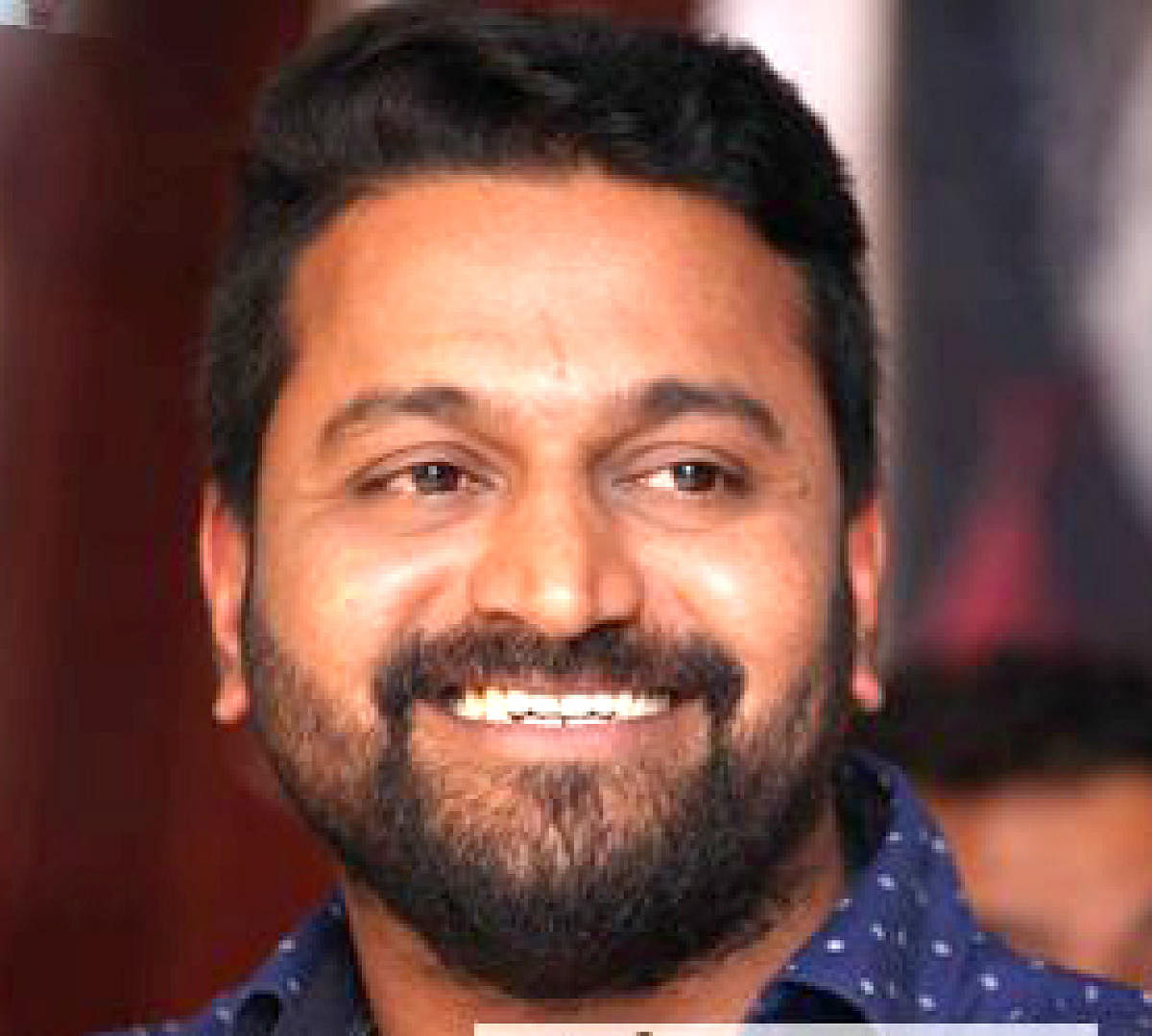Ace Kannada filmmaker Rishab Shetty, who narrated the acclaimed documentary 'Wild Karnataka' in Kannada, speaks about the project. In a free-wheeling chat with DH, the director of 'Ricky', 'Kirik Party' and 'Sarkari Hiriya Prathamika Shaale Kasaragodu', talks about what impressed him about 'Wild Karnataka', the importance of documentaries and more.
Excerpts:
What was it like to do a voice over in Kannada for what David Attenborough did in English?
Initially, I was really nervous. Davin Attenborough is a huge name. I feared how people will receive my work. This fear is normal, whenever I take up direction, writing or acting. We all know he is a legend. So I decided to stay true to my style and started thinking how well I can reach our (Kannada) audience.
I suggested Amoghavarsha to choose a big name from our industry. But he was the one who thought I could do this. I was really happy that I was part of such a wonderful project. I had earlier shown interest in distributing the Kannada version of the documentary. So once I came on board, I worked with my co-writer Trilok Trivikrama and made slight changes to connect well with the Kannada crowd.
What drew you to Wild Karnataka?
I heard about Wild Karnataka from Pratheek Shetty. He was the editor for my film Sarkari Hiriya Prathamika Shaale Kasaragodu (SHPSK). Pratheek worked with Amoghavarsha for the documentary. Pratheek spoke highly about Wild Karnataka and I got very curious. That’s when I told the team that they must bring this out in Kannada as well. I felt it should reach all the school-going children of Karnataka. I thought it’s important for children to know about Karnataka’s rich wild life.
So we started work on the Kannada version. By then Wild Karnataka had released in English and it ran for 50 days. Any movie completing a 50-day run is a huge deal today. Here, a documentary had seen such a success. It tells us a lot about its quality. Even before we could bring this out in Kannada, the coronavirus-forced lockdown happened.
Amoghavarsha later got in touch with me to talk about Discovery’s interest in releasing it in four languages on World Environment Day. I really appreciate Discovery’s initiative.
What is your opinion about the state of documentaries in Kannada?
Documentaries are very important. It helps every generation to know more about their roots and culture. I believe that every film is also a documentary. If people want to learn about a particular subject, they will look for films that deal with that subject. Even for instance in SHPSK, we made sure we showed the history and culture of Kasaragodu without compromising on the entertainment factor.
Wild Karnataka has shown that a well-made documentary can impress the masses. I think there are lot of interesting subjects related to Karnataka. It could be folk art or about a famous culture that’s slowly dying. We must make documentaries on them.
Is the environment something you feel strongly about?
Definitely! I was brought up in a Western Ghats forest region. It was a village called Keradi in Kundapur taluk, covered 360 degrees by greenery. So since then, I was very close to nature and its beauty.
